Navigating to Success: How Using KPIs Maximizes Your Business's Value
Good day! We are First Choice Business Brokers of The Triangle, and today, we're going to discuss a fundamental business tool that is often overlooked: Key Performance Indicators, or KPIs.
Imagine steering a ship without a compass. That's what running a business without KPIs feels like. KPIs are your essential navigational tools, guiding you toward success by setting clear goals and tracking your progress. They provide a practical framework to measure and track business success, empowering you to identify improvement areas and stay on course to achieve your objectives.
The Why: The Crucial Role of KPIs
Utilizing KPIs is not just a best practice for large corporations—it’s necessary for any business aiming for sustained growth. These quantifiable metrics allow you to move beyond guesswork and make data-driven decisions backed by solid evidence. By regularly analyzing KPI data, you can identify trends, anticipate challenges, and proactively adapt your strategy. This data-driven approach is the foundation of a resilient and well-managed business that is significantly more attractive to potential buyers.
The What: Defining and Differentiating Common KPIs
A KPI is a measurable value demonstrating how effectively a company achieves key business objectives. The most effective KPIs are tailored to a business's unique goals and industry. For instance, a retail store might track sales per square foot, while a software company might prioritize user engagement metrics.
Here are some of the most commonly used KPI categories:
- Financial KPIs: These are the backbone of your business's health, focusing on the monetary aspects of your operation. Examples include revenue growth, gross profit margin, and cash flow stability.
- Operational KPIs: These metrics measure the efficiency and productivity of your business processes, such as production cycle time or inventory turnover.
- Customer KPIs: These indicators gauge the quality of your customer relationships, covering customer satisfaction scores, loyalty, and retention rates.
- Marketing KPIs: These evaluate the success of your marketing efforts, analyzing metrics like lead conversion rates, website traffic, and customer acquisition cost.
The How: Actionable Steps to Effectively Use KPIs
You need a strategy to truly leverage KPIs. The wrong metrics are just as useless as no metrics at all.
- Select the Right KPIs: Choose a manageable number of KPIs that directly align with your strategic objectives and are easily measurable.
- Balance Leading and Lagging Indicators: Leading indicators (e.g., website traffic) help you predict future performance, while lagging indicators (e.g., monthly revenue) tell you about past performance. A mix of both provides a comprehensive view.
- Regular Monitoring and Analysis: Review your KPI dashboards regularly. Look for trends, celebrate successes, and promptly address any negative shifts.
- Involve Your Team: Share your KPIs with your team. This fosters a culture of transparency and accountability, ensuring everyone is aligned with the business’s goals.
The Impact: Building a Valuable Business for a Future Sale
A business with a robust KPI system is not just successful but highly sellable. Buyers and lenders want a straightforward, data-driven narrative of your company's performance. By demonstrating consistent growth and operational health through your KPIs, you build immediate confidence and provide a compelling reason to invest. This turns your years of hard work into maximum value, making the sale process smoother and more profitable.
Ready to Turn Your Hard Work into Maximum Value?
Understanding and utilizing KPIs is a key part of building a strong, attractive business that is ready for a successful sale. When you are prepared to take the next step, our team at First Choice Business Brokers of The Triangle is here to help you get ahead of the game.
Contact our principal broker, Mr. Dale Brunelle, today for a no-cost market price analysis of your business. Let us help you confidently turn your hard work into maximum value.
- Our Services: First Choice Business Brokers of The Triangle
- Get a Free Valuation: No-Cost Business Valuation
- Contact Mr. Dale Brunelle: (984) 325-0223
Frequently Asked Questions (FAQs)
How many KPIs should a business owner track?
It's best to start with a focused selection, usually between 5 and 10 KPIs that are most critical to your business's success. Tracking too many can lead to analysis paralysis.
How do KPIs help a business during the due diligence phase of a sale?
During due diligence, buyers meticulously review a business’s performance. Well-maintained and documented KPIs provide a clear, easy-to-digest story of your company's health and growth, speeding up the process and building buyer confidence.
Can KPIs help me identify a good time to sell my business?
Yes. By monitoring key financial and operational KPIs, you can identify when your business is at peak performance or has demonstrated a strong, positive trend, which is the ideal time to enter the market.
Disclaimer: This blog post is only informational and does not constitute professional advice. The information provided is based on general business brokerage principles and may not apply to every individual or business situation. We recommend consulting a qualified professional to discuss your specific circumstances and objectives.





